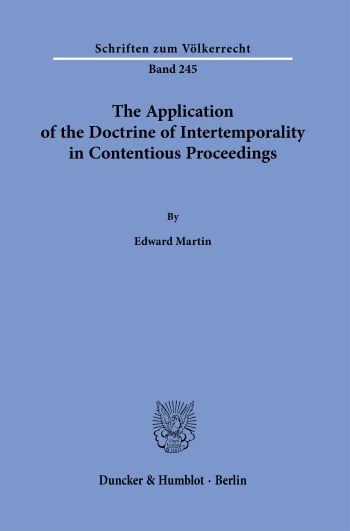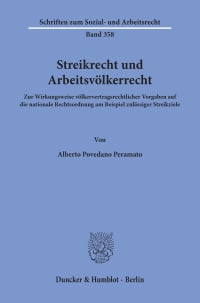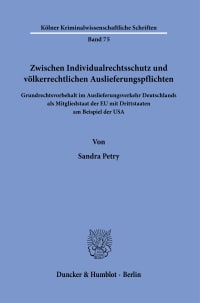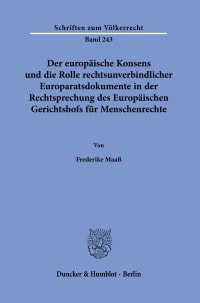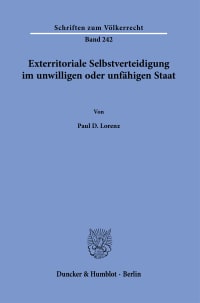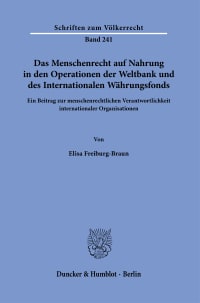Beschreibung
The doctrine of intertemporality prohibits the retroactive application of norms of international law in contentious proceedings and obliges the deciding court to positively ascertain the applicable historic rules. In situations in which the historic interaction between a European and a non-European entity needs to be litigated, problems arise. International law is lacking a universally recognised methodology, particularly regarding its unwritten rules. Also, the historic non-European peoples were often relied on oral tradition and did not produce any documentary evidence of their historic legal orders.
Historically, different regions of the world produced independent legal regimes. »Meta law« governing the interactions between entities of different regimes was non-existent since no regional order did claim global rule. Hence there were no rules governing the interactions between European and non-European entities.
The applicable historic law is presently ascertained by recourse to specific European phenomena. In contentious proceedings, this methodology leads to a situation of »différend« – a situation in which the method of solving the dispute already vindicates the position of one of the parties to the dispute.
Inhaltsübersicht
A. Introduction: Intertemporality as a Problem – Distinguishing the Principle of Non-Retroactivity from Positively Ascertaining Historic Rules – Outlining the Research Thesis – Current Relevance of the Doctrine of Intertemporality
B. International Courts and History – The Problem of »Différend«
C. The Problem of Method in International Law: General Methodology in International Law – Methodology of International Legal History
D. Preconceptions in the History of International Law: Subjects – Sources – Genealogy – ConclusionE. Problems Ascertaining Historic Law from the Viewpoint of Historiography: General Problems in Historiography – The Problematic Historiography in Cameroon v. Nigeria – Conclusion
F. Juridical Difficulties Ascertaining Historic Law and the Problem of Normativity: Problems in the Ascertainment Process – Burden of Proof and Intertemporality – The Futility of the Doctrine of Intertemporality
G. The Doctrine of Intertemporality and its Relation to Non Liquet: Lacunae, Non Liquet and International Law – The Duty to Prevent Non-Liquet – Conclusion
H. Reconceptualising the Intertemporality: The Basis for Reconceptualising the Doctrine of Intertemporality – Reconceptualising the Underlying Assumption of the Doctrine of intertemporality – Shifting the Relationship between Intertemporality and Equity – The Possibility of Choosing a Legal Order
I. Conclusion
Bibliography: Books and Monographs – Journal Articles – Other Publications – Table of Cases – Documents – Online Sources
Subject Index
Weitere Bücher zum Thema
Kontakt
-
+49 30 / 79 00 06 - 0
-
Bestellinformation
-
Versandkostenfrei innerhalb Deutschlands.
-
Für Kunden aus EU-Ländern verstehen sich unsere Preise inklusive der gesetzlichen Mehrwertsteuer und – außer bei digitalen Publikationen – zuzüglich Versandkosten. Für Kunden aus Nicht-EU-Ländern verstehen sich unsere Preise als mehrwertsteuerfrei und – außer bei digitalen Publikationen – zuzüglich Versandkosten.
-
-
Newsletter
